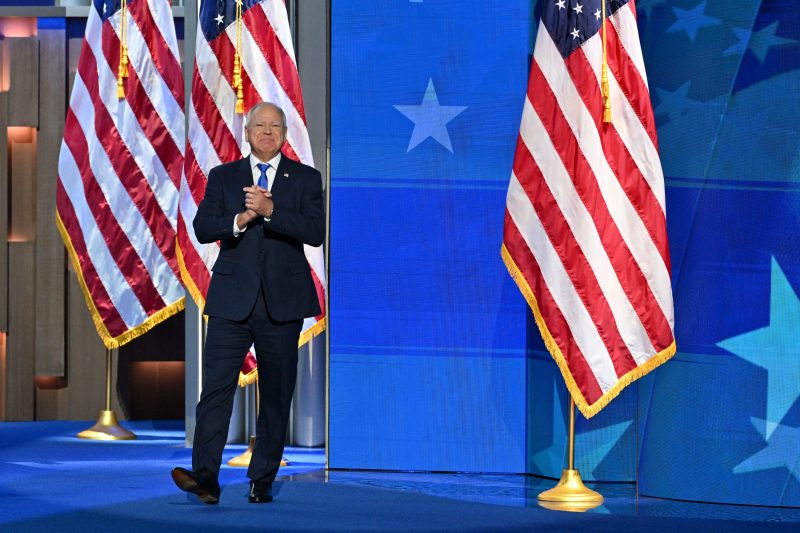In the realm of global politics, the rise of China as a major power has not gone unnoticed. As the country’s influence grows, political candidates around the world are increasingly utilizing China’s ascent as a strategic attack line in their campaigns. This phenomenon raises fascinating questions about the dynamics of international power politics and the ways in which candidates seek to harness public perceptions of China to advance their own political agendas.
One key aspect of this trend is the way in which candidates leverage China’s growing economic power as a focal point for criticism. With China’s economy rapidly expanding and its companies becoming major players on the global stage, candidates often target China’s economic practices, accusing the country of unfair trade practices, intellectual property theft, and currency manipulation. By framing China as a threat to their own country’s economic interests, candidates seek to appeal to voters who are concerned about the impact of China’s rise on their own livelihoods and communities.
In addition to economic concerns, candidates also frequently utilize China’s growing military capabilities as a tool for criticism. As China invests heavily in modernizing its armed forces and expanding its presence in key strategic regions, candidates often highlight China’s military ambitions as a potential threat to regional stability and global security. By painting China as a belligerent actor on the world stage, candidates seek to position themselves as strong defenders of their country’s national security interests, appealing to voters who prioritize a tough stance on foreign policy.
Another key dimension of this trend is the way in which candidates use China as a cultural and ideological bogeyman. With China’s authoritarian regime clamping down on dissent at home and projecting its influence abroad through initiatives like the Belt and Road Initiative, candidates often invoke China as a symbol of repression and unchecked state power. By framing China as a threat to democratic values and human rights, candidates seek to position themselves as defenders of freedom and democracy, appealing to voters who are concerned about the erosion of democratic norms and civil liberties.
It is important to note that the use of China as an attack line in political campaigns is not without risks. As China’s global influence continues to grow, candidates must tread carefully to avoid unnecessarily antagonizing a major global power. Moreover, oversimplifying the complex realities of China’s rise can lead to misunderstandings and misrepresentations that ultimately do a disservice to the public discourse on international relations.
In conclusion, the trend of candidates using China as an attack line in political campaigns reflects the evolving dynamics of global power politics in the 21st century. By focusing on China’s economic, military, and ideological dimensions, candidates seek to tap into public concerns about the implications of China’s rise for their own countries. However, this strategy carries both opportunities and risks, requiring candidates to navigate the complexities of international relations with nuance and care. Ultimately, the way in which candidates engage with the issue of China’s rise will shape not only their own political fortunes, but also the course of global politics in the years to come.
